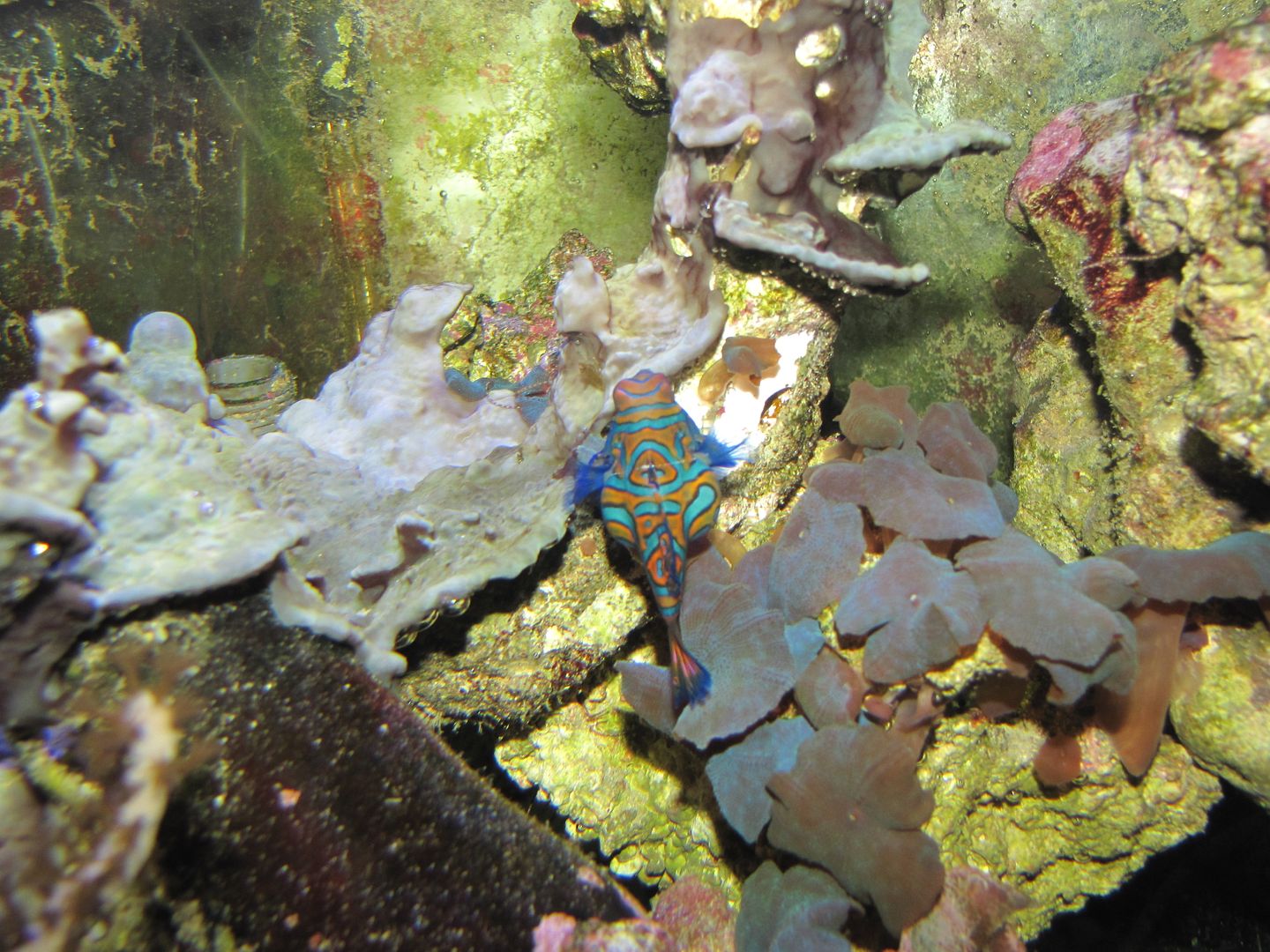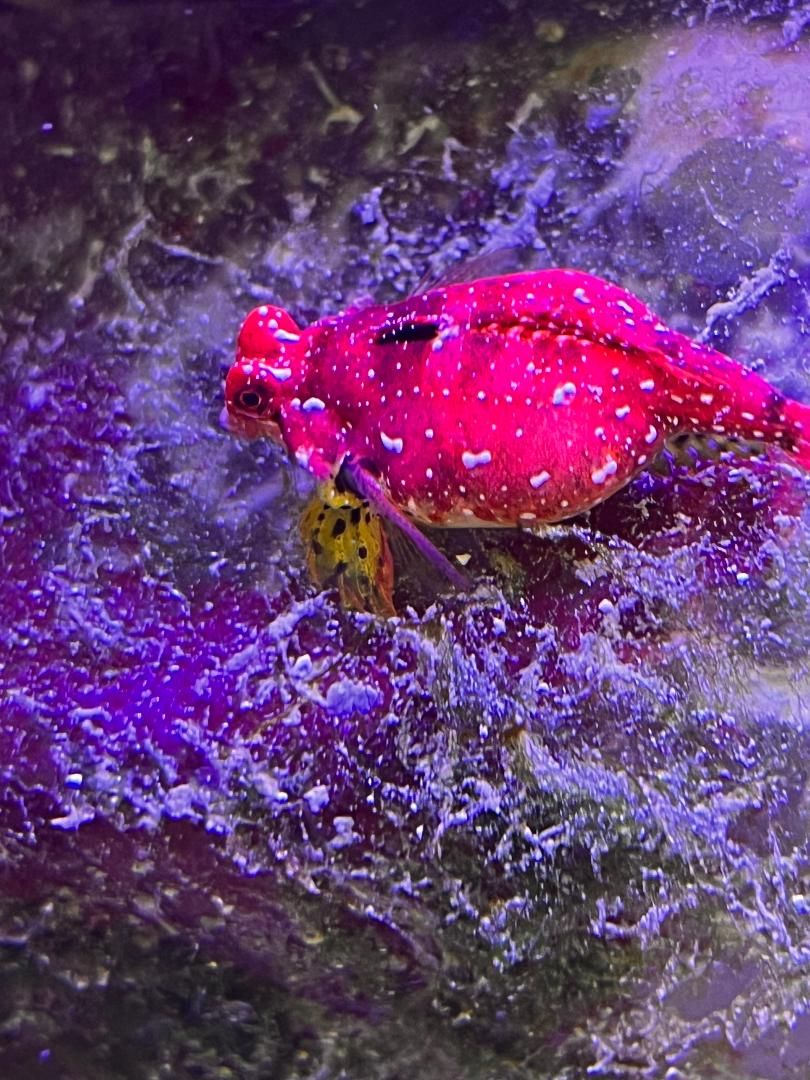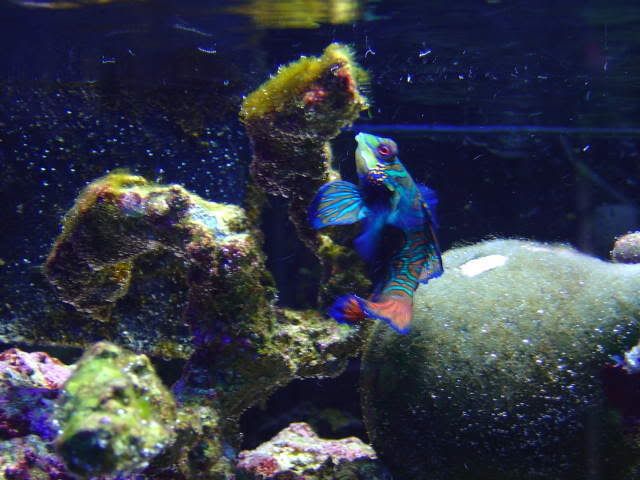- Joined
- Dec 28, 2016
- Messages
- 22,829
- Reaction score
- 21,964
I well remember the days when it was easy to order live rock directly from Florida, etc - at about the same price we pay for dry rock today. Often there was 'base rock' which was 'wet rock' that had been sitting in barrels - which was even cheaper, and then the top 'layer' was the 'fresh' live rock from the ocean. I also remember wet dry filters that were as big as the entire back of the tank - with multiple dripping trays and crushed coral inside - into a larger sump.We’ll, I guess it goes back yrs ago, like you lol, when our live rock just came alive. We had lots of beautiful big dead corals we’d bleach to keep white. Once we added live rock I’d just watch with magnifying glass as Bristleworms appeared, mushrooms, paly Zoas started slowly appearing. I’d see tiny shrimp like things across substrate. We had that all in one drip tray and sump at bottom. All this stuff clear fronds or something. It just seemed as we had a truly biological balance. I had read yrs ago that pods were a sign of a healthy tank. Tangs will pick off and eat. I find all this just wonderful. You know as most 40 year vets in this, how much has changed since the 80’s. I love Paul B.’s ideas. I’m interested in what you’ve seen, I think you know much more than I as to chemistry, lighting etc. I’m glad we have a place to share
The best, Debra
However, my experience at that time was that though there was a huge amount of life that was present, eventually, many of that life slowly died either through lack of food - or being out-competed by other 'stuff' (or eaten by fish)
I guess my question to you was 'why do you think copepods specifically are 'a great biological addition'' and what do you think they do?
Do you see them mostly as food for the fish? a mini clean-up crew? Or something else?
From a biologic standpoint (and a microbiologic standpoint) - tanks tend to become less biodiverse over-time as compared to less (unless you add stuff continuously). Yet there are many tanks that do not have access to 'the sea', in Kansas for example - yet they are successful. I have never added copepods to a reef tank, however as many others have said - lots of 'things' come in with corals, etc (even fish) being added. It does make me wonder whether the same 'diversity' is occurring with farmed coral and farmed fish


















